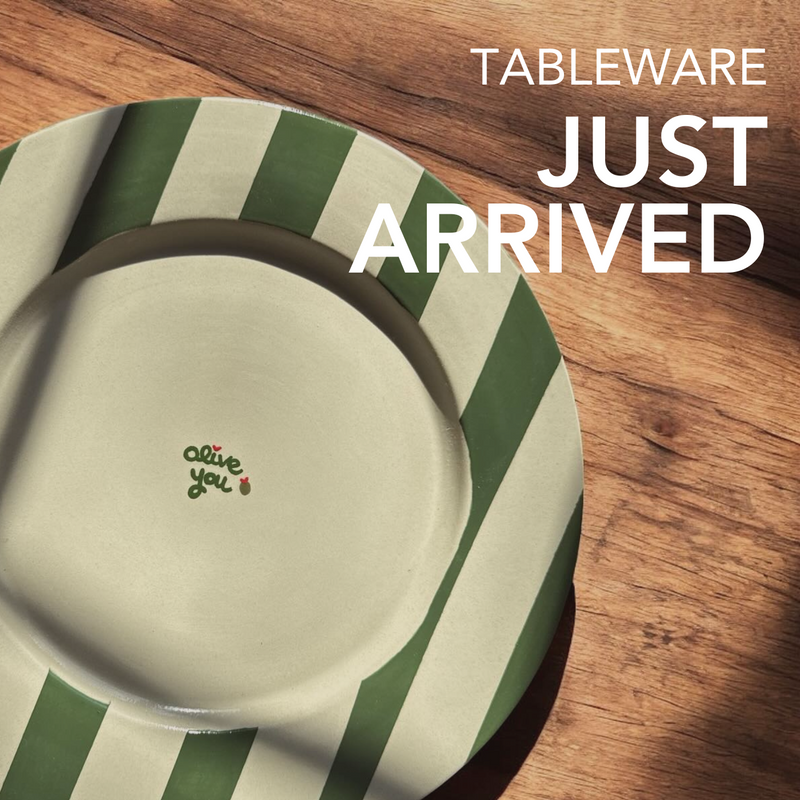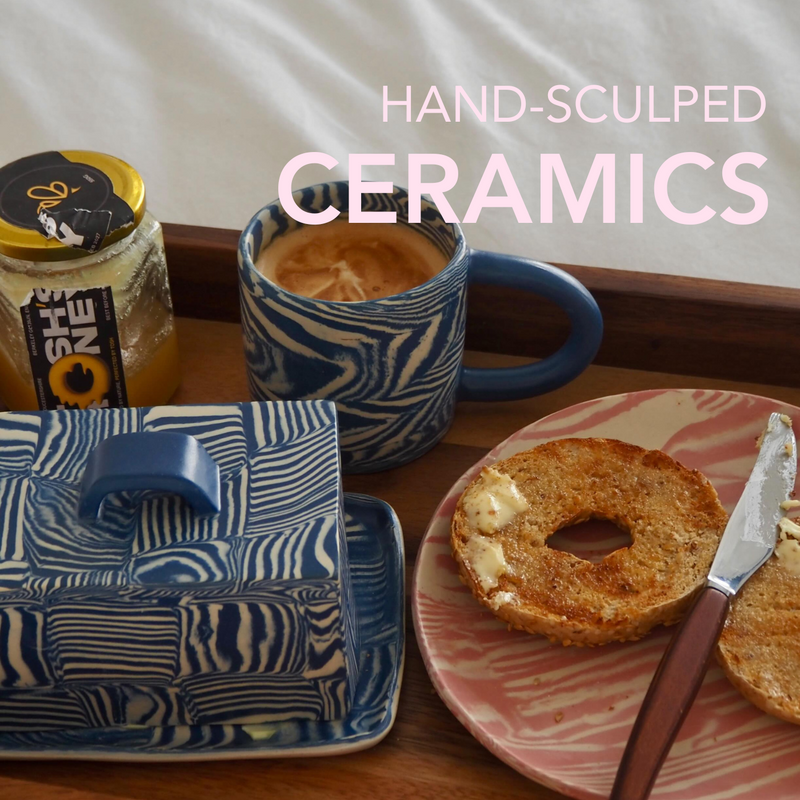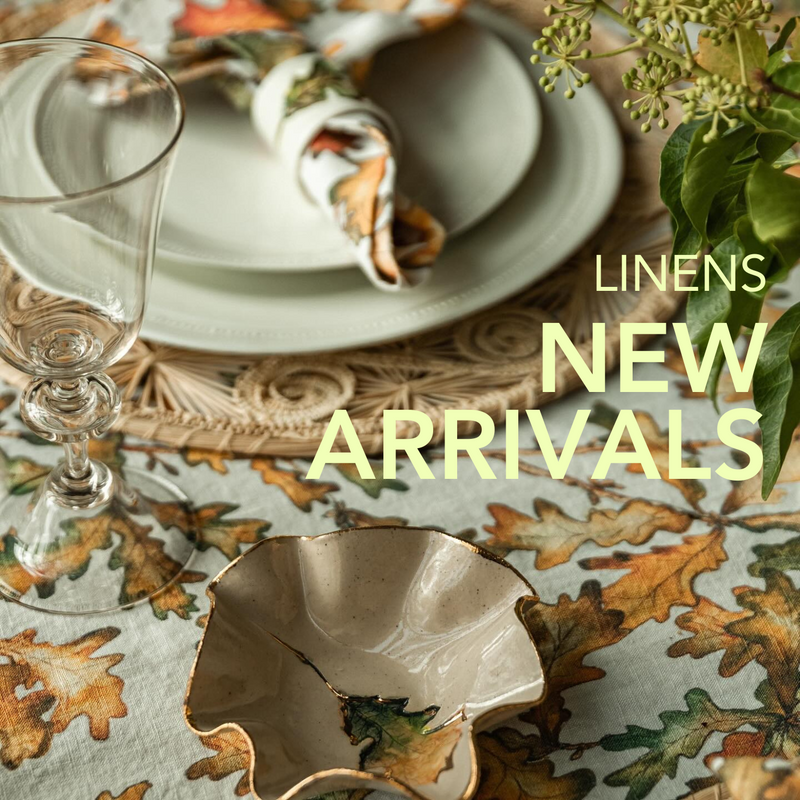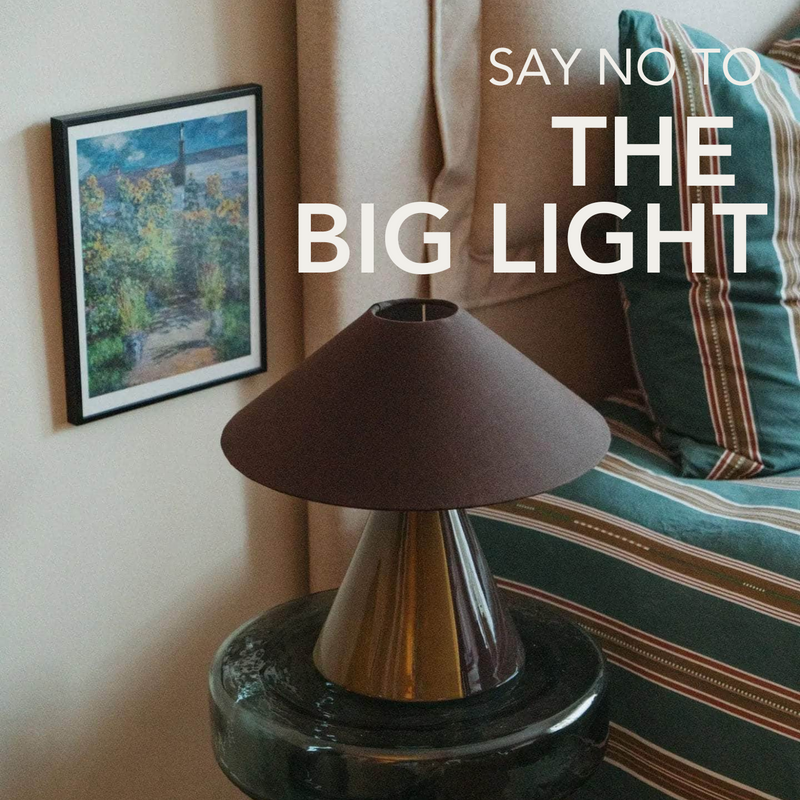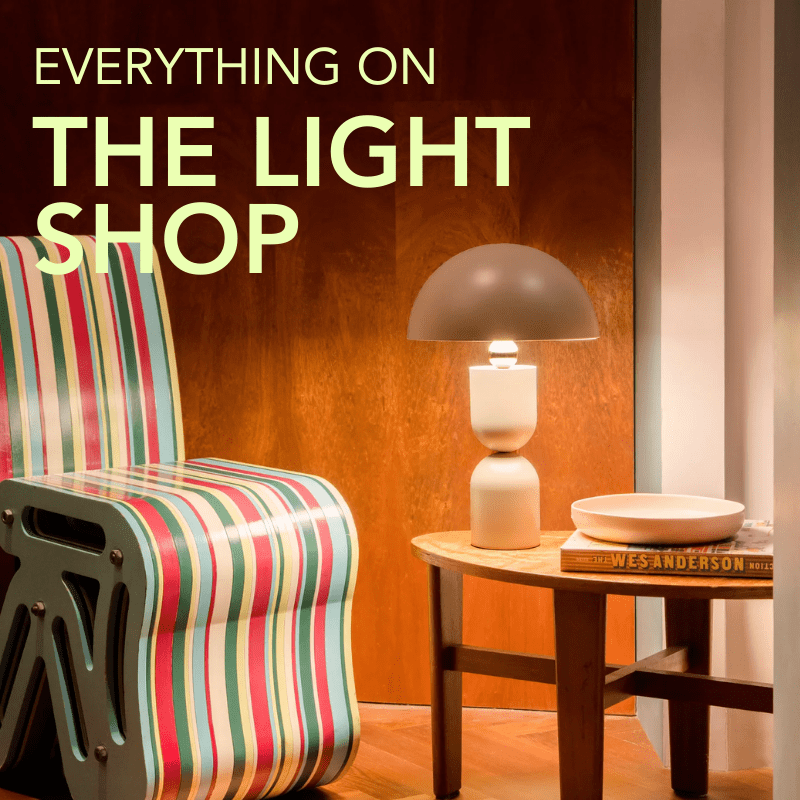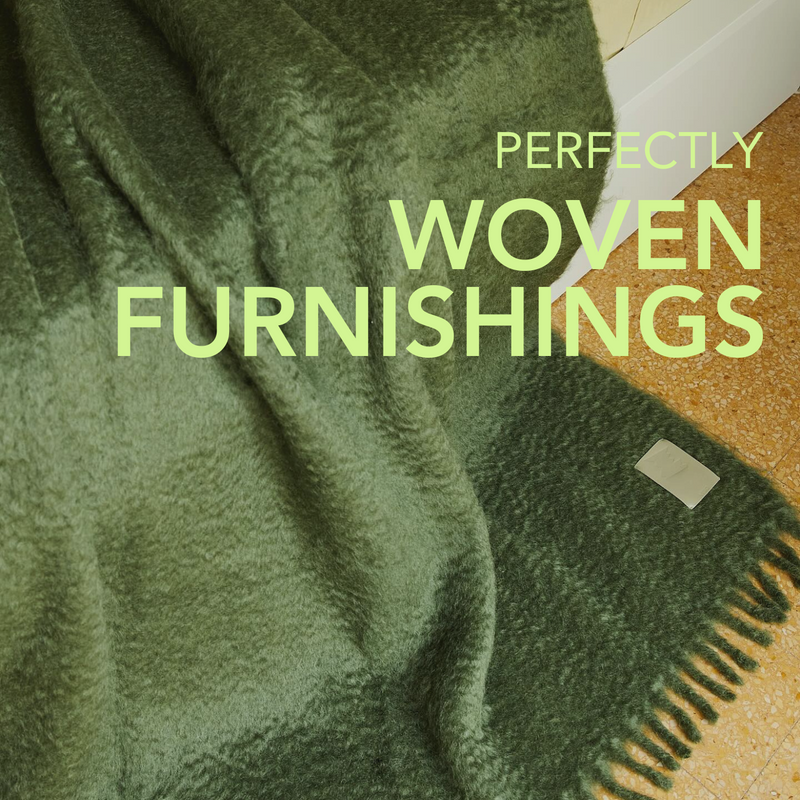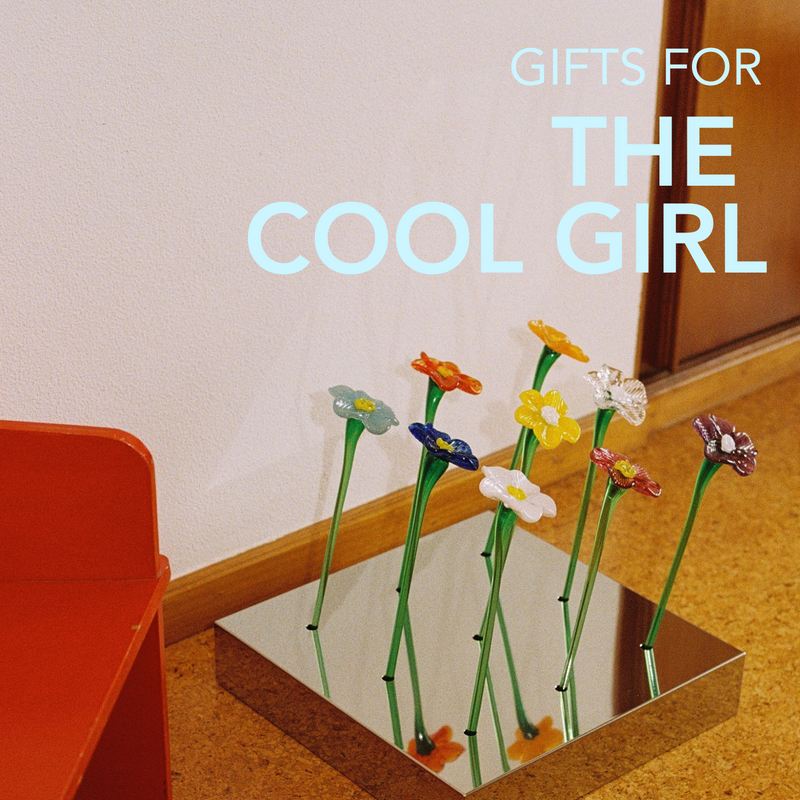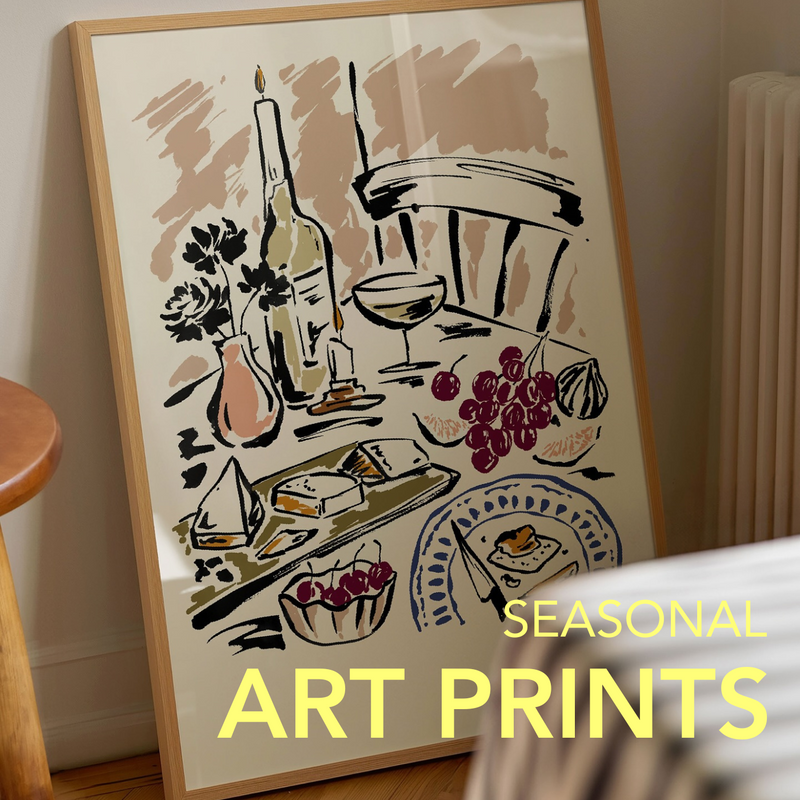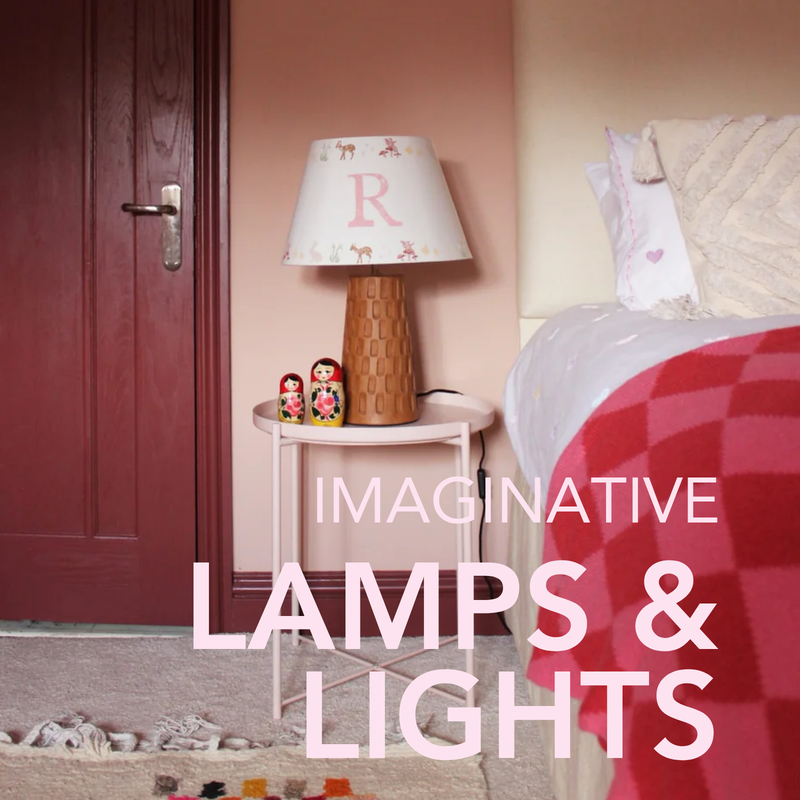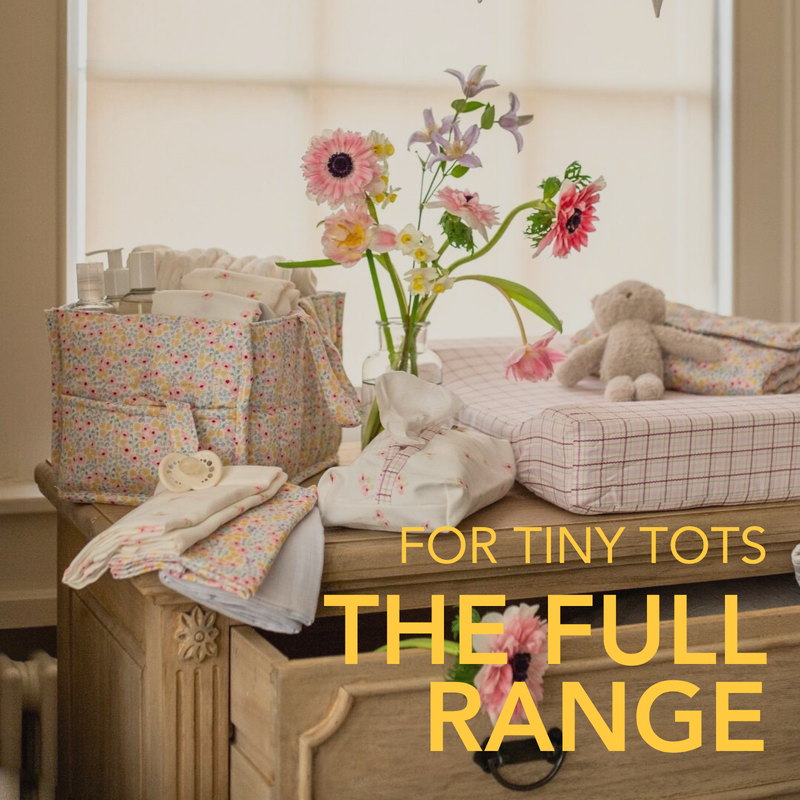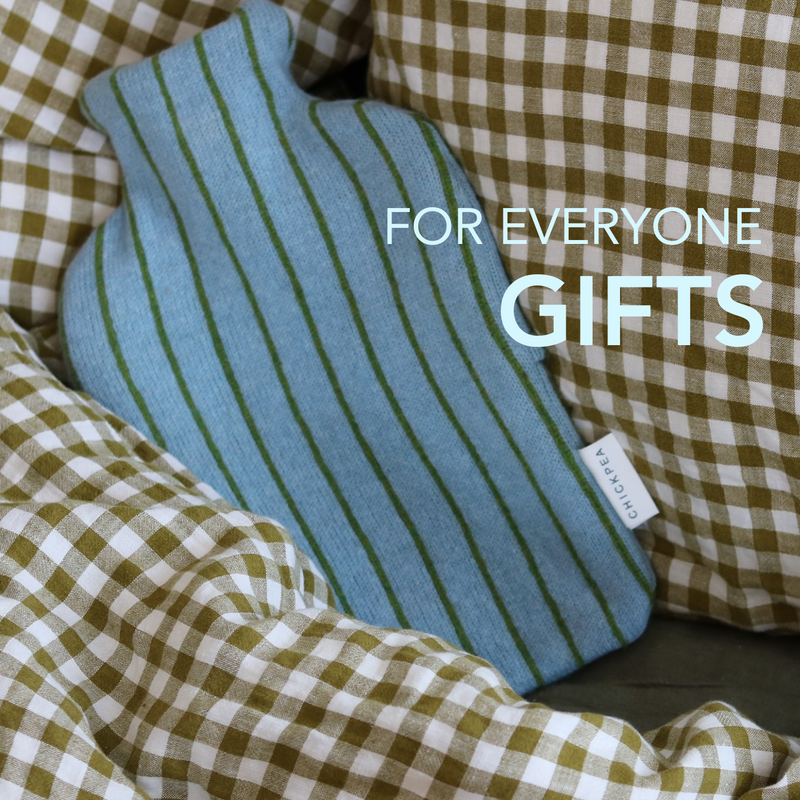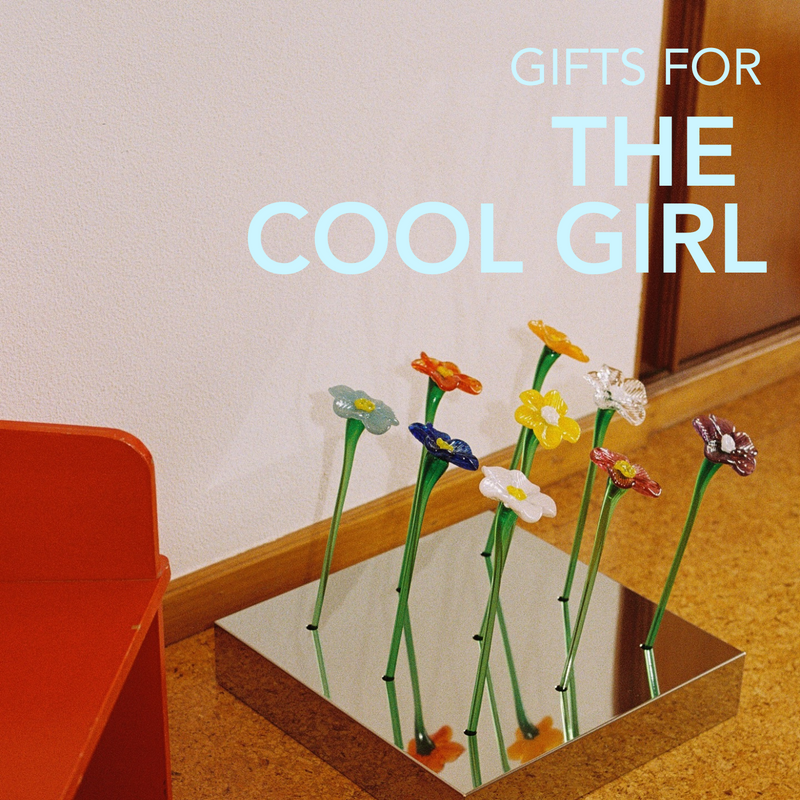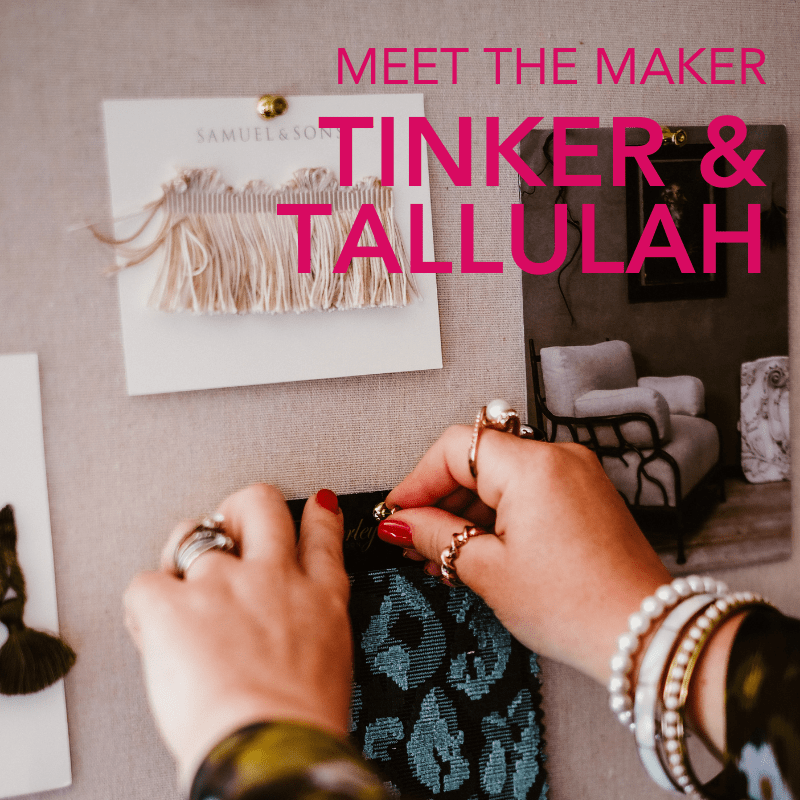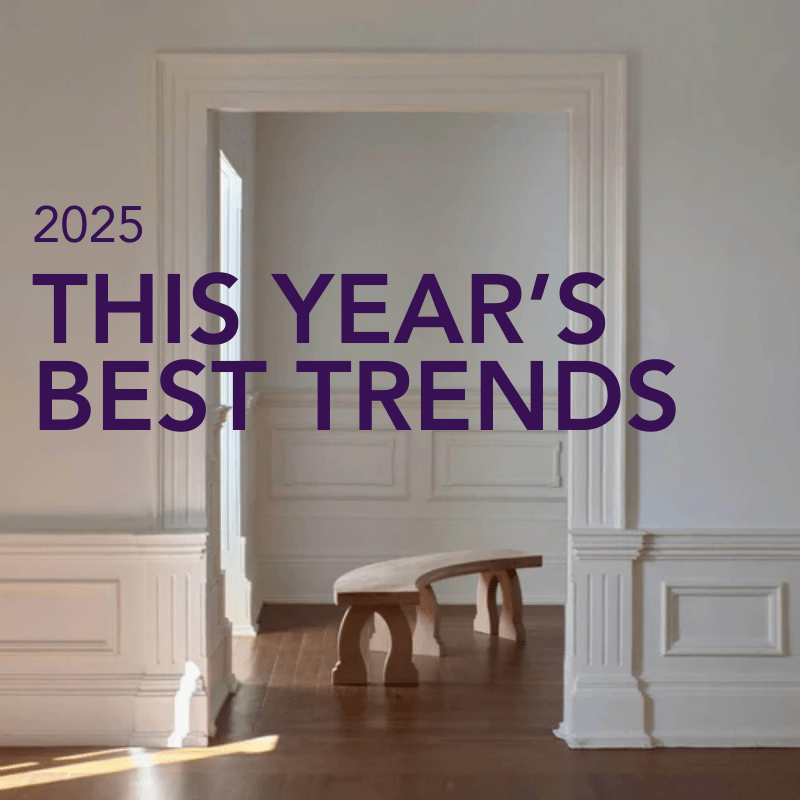This store requires javascript to be enabled for some features to work correctly.
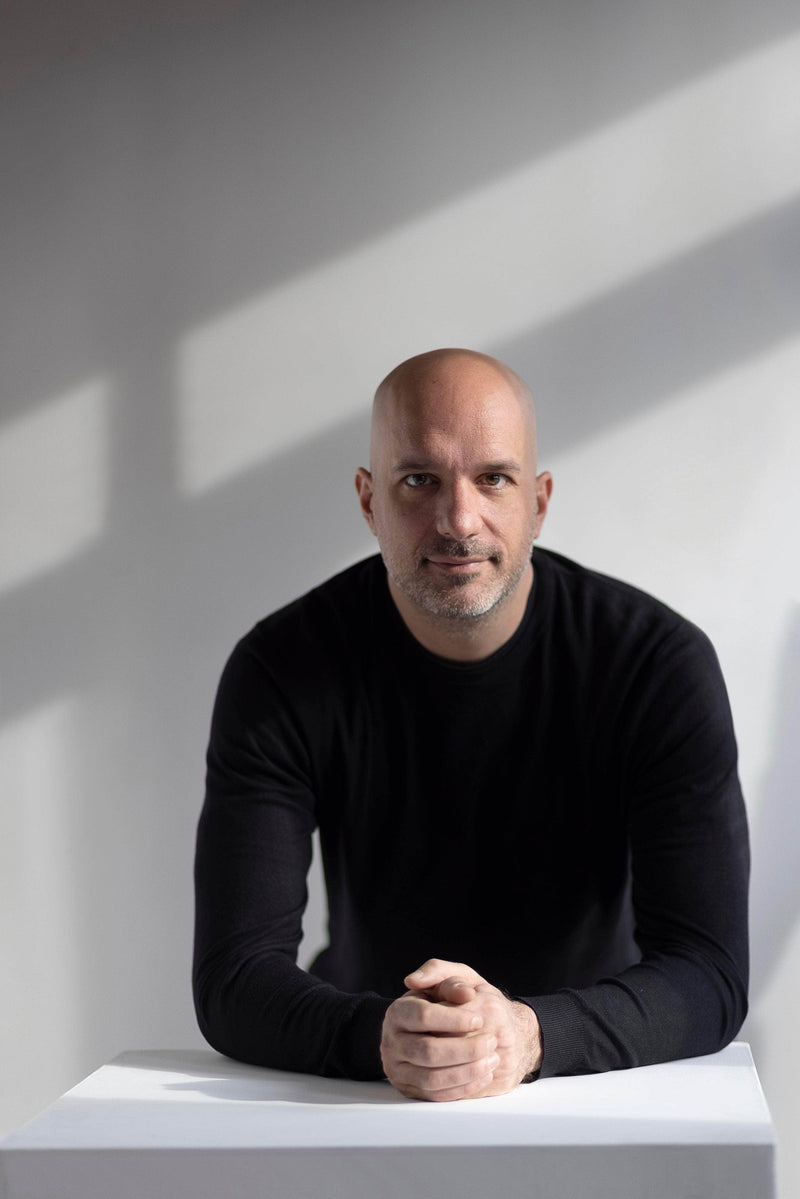
Photo Credits: Stefanos Tsakiris
An Interview with Kostis Karatzas, Founder of The Greek Foundation
The Greek Foundation was born from a simple yet powerful idea: to create a space where contemporary Greek culture could be seen, shared, and appreciated beyond outdated stereotypes. Founded by Kostis Karatzas, it moves beyond ancient ruins and amphora art to showcase the dynamic creativity of today’s Greece—across architecture, design, and the arts—while redefining what “Greekness” means in a global world. In this conversation, we explore how the foundation bridges tradition and modernity, connects artists with international audiences, and continues to shape the evolving identity of Greek culture.
By Marie Winckler

What made you start the Greek Foundation?
It was mainly the idea of creating a destination where one could find the most interesting works of contemporary Greek culture; a collection of great content that represents today’s dynamic creative scene. The world’s perception regarding Greek architecture, design, art, and most creative fields was stuck in a outdated idea revolving around ancient times. Even today, if you try to look online for similar terms, the results you’ll get are ancient ruins, art on amphora and at best a glimpse of traditional Cycladic architecture. However, there are a lot of very interesting things happening here.
Contemporary cultural production is of great value and with a dynamic comparable to the most renowned design scenes of the world. In addition to that, we wanted to give the opportunity to young creatives to showcase their work to an international crowd. Taking away the barriers to enter of traditional channels (galleries, media, press, etc) any young creator can submit their project to The Greek Foundation and if its worth it, we’ll publish and spread the word to support them.
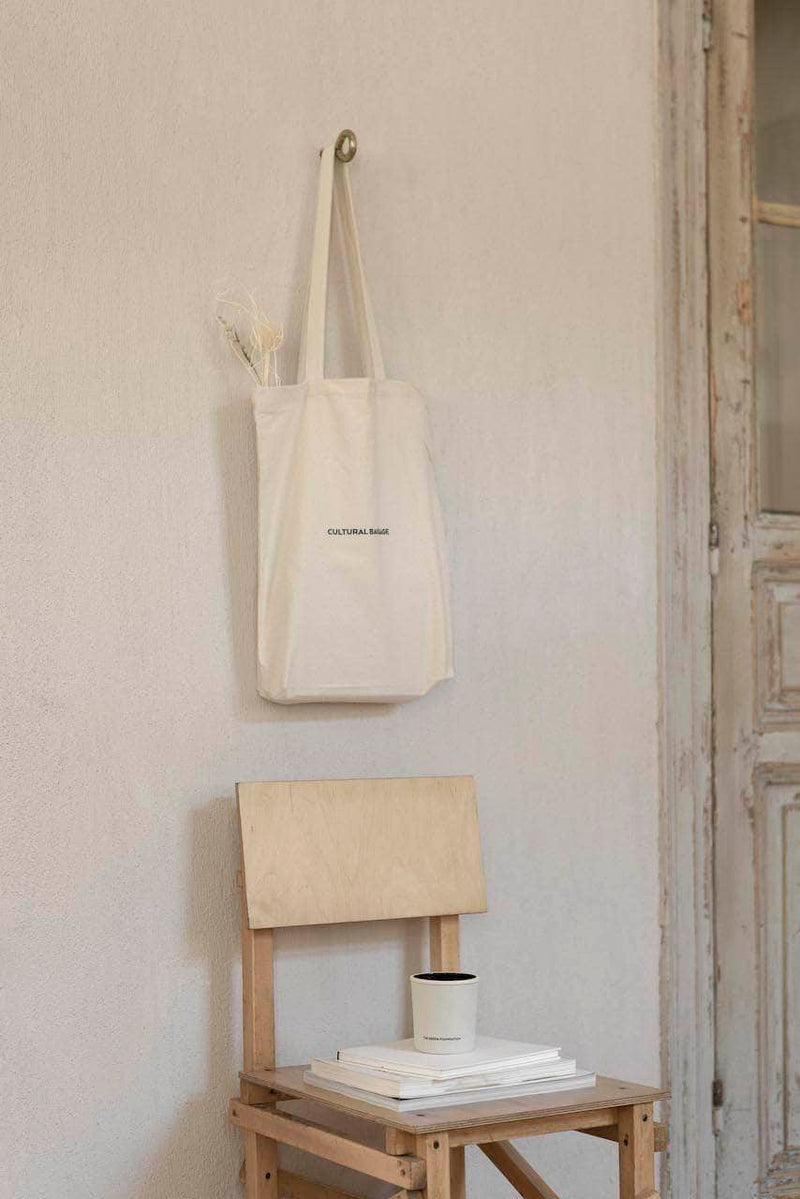
How does The Greek Foundation balance celebrating Greece’s rich heritage while presenting it in a modern, more global context?
The way we approach this delicate balance, is by trying to identify and redefine the notion of Greekness. A concept so dynamic that evolves over thousands of years. One can find it in ancient Greek plays, but also in the most contemporary architectural projects. Furthermore, Greekness is not restricted to Greek creators or limited by the country’s borders. It goes above and beyond, and is open to anyone that dives into its essence, no matter how or where. This creates a very interesting and dynamic dialogue between creatives and their works, across time and geographies.
There is an underlying invisible link between an architectural project of a Greek designer in New York, with a sculpture of a Greek artist in Tinos and the new collection of a French fashion designer based in Athens. This never-ending journey to identify and understand this notion has been more than fascinating, and a reason behind the existence of The Greek Foundation.

Photo: Cecilia Renard, as published in The Greek Foundation Volume 03.
From traditional crafts to cutting-edge architecture, what do you think defines the current creative identity of Greece?
The creative scene in Greece doesn’t have a very clearly defined set of characteristics. In Danish or Japanese design for example, the design language is very solid and you can easily identify the origin of a piece of furniture or an interior design project intuitively. In the case of Greece, there is a more vague interpretation of the values and elements that constitute our identity. I would say it’s a more sentiment- driven identity, rather than a textbook way of doing things. Perhaps as we move forward, this might to change and we’ll start identifying a more distinct set of identity features.
If The Greek Foundation were a visual scene, how would you describe it—coastal landscapes, bustling markets, or something else entirely?
I would visualise it as a safe and vacant space that acts as a shelter as well as a scene ready to host different colors and vibes, every time you look at it. It could be an empty industrial space in the heart of a city, or a quiet empty plot of land on the coast of a remote island. It would definitely be a space that doesn’t take the attention away from the subject inside it, but rather aim at helping it reach its full potential.
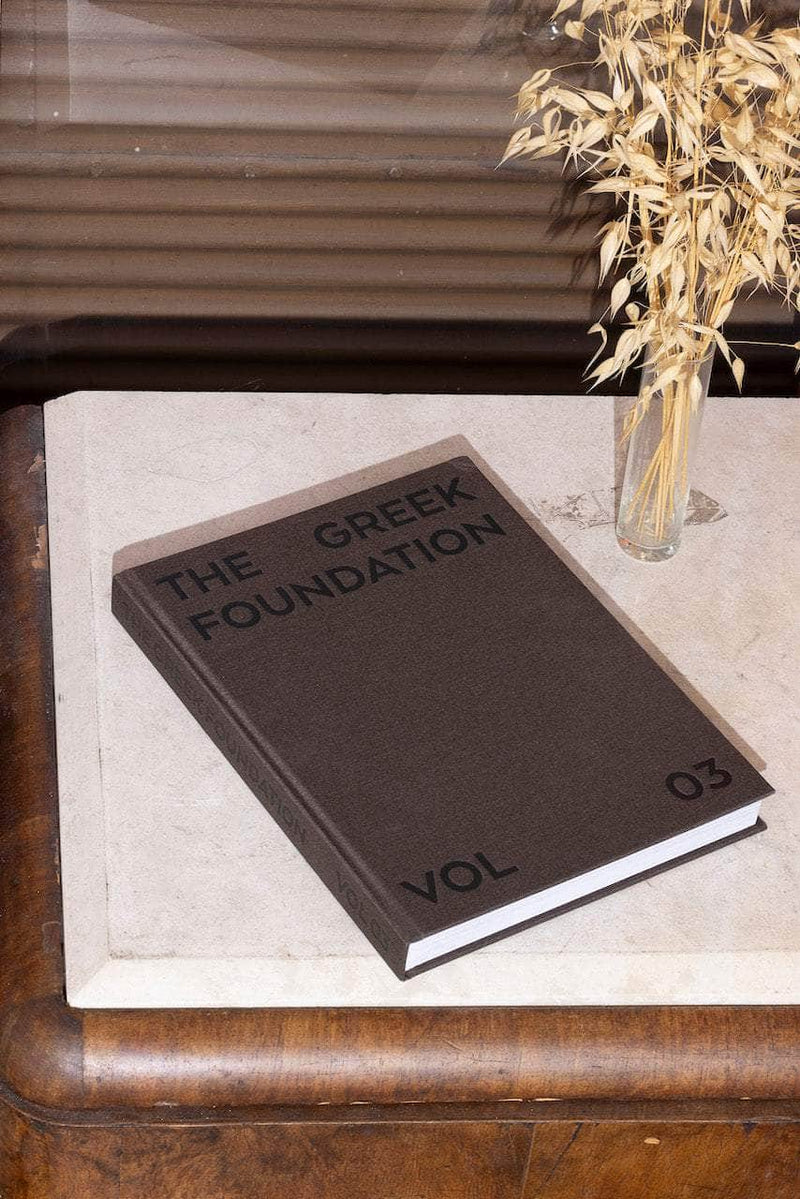
Which Greek tradition or practice do you feel is most relevant to today’s conversations about sustainability and mindfulness?
I think that the best example would be food. Looking back at how people approached it overall, you could find a lot of simple but powerful answers to today’s issues as such. Food was always very simple but true and authentic. Uncomplicated recipes that combine simple ingredients, but elevate the taste to the fullest. Production from the back yard or the neighboring lands, and always with a no-waste mindset. Making jam from orange peels, fertilizing the soil or making art from the by-products. And of course, gathering around the table was always a ritual. The core of daily life, that gave the rhythm to all else.
What does the word Flâneur mean to you?
Flâneur is a mindset. It represents a way of exploring, observing, and truly feeling the world around us. It’s about being open to new emotions, experiences, and ideas, allowing them to shape a deeper understanding of life. A flâneur doesn’t just wander; they absorb, reflect, and find meaning in the everyday moments that might be overlooked.

A Guide To Greece
Where’s your favourite coffee shop for a perfect morning brew?
Anana
Which second-hand store is a hidden treasure trove for unique finds?
Market at Avissinias Square
Where’s the best spot for a hearty breakfast or brunch?
Ergon House & Bakehouse
Which cocktail bar has the best atmosphere and a cocktail you can’t resist?
Line Athens
If someone’s visiting Greece for the first time, what’s a must-visit spot?
Nymphs Hill
Is there a secret spot in Athens that only locals seem to know about?
Au Revoir, one of the oldest bars in the city or Dexameni square in Kolonaki
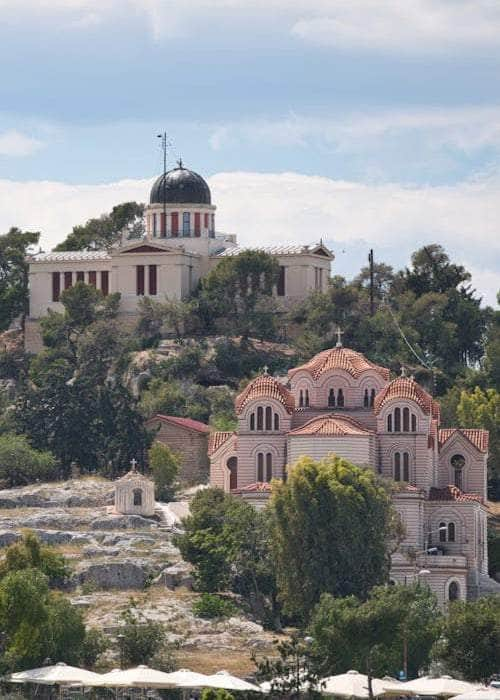
Nymphis Hill
Credit: Frederico Abis

Au Revoir
Credit: Vagelis Poulis

Ergon House & Bakehouse

